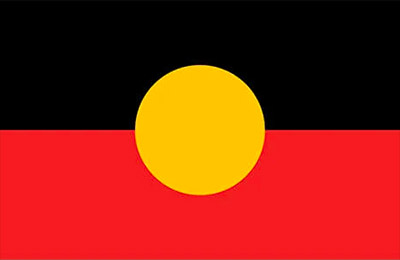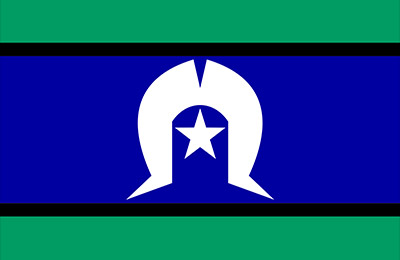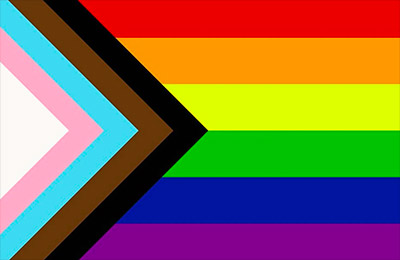Information about our projects will be regularly shared in our e-newsletter, sector emails and social media.
For more information about any of our projects please contact 08 9420 7262 or admin@cwsw.org.au
The Centre for Women’s Safety and Wellbeing facilitates the disbursement of funds for a range of projects that aim to increase the safety and wellbeing of people experiencing domestic and family violence. Please see the project information below for eligibility criteria and available funding.
The Centre is no longer a distributor of mobile phones through the Safe Connections Project. Read more information about the current Safe Connections Project here.
Funds for Freedom is a grants program available to women’s refuges and domestic and family violence outreach services in Western Australia.
Established in 2011, the program assists women that are escaping domestic and family violence to establish a new home for themselves and their children by enabling them to purchase essential items such as white goods. Funds for Freedom aims to reduce the financial stress for women and give them a sense of economic independence. The purpose of the initiative is to support the safety and independence of women and their children in the Western Australian community.
We have just launched the rollout of the newly improved ‘Changing Gears’ project.

The Centre for Women’s Safety and Wellbeing delivers projects to support sector development and engagement and system reform to improve women’s safety and justice, health and wellbeing.
Women’s Safety Dashboard
The Women’s Safety Dashboard is a scalable tool increasing the accessibility of reliable quantitative data to support evidence-based decisions in the planning and development of responses to meet the needs of women and children at risk. The dashboard will support planners and decision makers to monitor changes and variances on a range of women’s safety indications and enable comparison between LGA’s, regions and the State. It will also mean that current data on violence against women is more visible and accessible.
Qualitative Snapshots
The snapshots will be brief iterative reports disseminated on a regular basis to capture and convey how COVID-19 and the social recovery is impacting on the safety of women and children and service delivery in WA. We are working with the specialist family and domestic violence sector and a range of other services to gather data. The snapshot reports are available in the Knowledge Centre.
This research initiative will collect and analyse research, focusing on best practice methodologies within the family and domestic violence field during the Covid-19 pandemic and recovery periods.
The purpose of analysing the relevant research is to influence practice, shape policy, intervention models and service system reforms to improve outcomes for women and children impacted by family and domestic violence. Workshops will be delivered to support the take up of the evidence in practice.
The Service Capability Review Project is a collaborative workforce development project between peak bodies in the domestic and family violence sector, the Centre for Women’s Safety (CWSW) and Wellbeing and Stopping Family Violence (SFV), and the peak body for the alcohol and other drug sector, the Western Australian Network of Alcohol and other Drug Agencies (WANADA).
The project will also engage with other key stakeholders including other peaks as well as service users and service workers to ensure co-design, applicability, and sustainability.
The project and ‘Service Capability Review Tool’ will focus on organisational and sustainable workforce development across the domestic and family violence and alcohol and other drug sectors, including the review of systems, policies, processes, culture and staff capability to develop practices and facilitate improved service and community outcomes.
The project builds on a cross-sector exploratory project that identified a strategic path towards an integrated approach to address domestic and family violence and increase the safety of women and children.
Using the changes to the Family Violence Legislation Reform Bill 2019 as a basis for the development of non-fatal strangulation educational resources for the Perth metropolitan Aboriginal population, the project will include:
Engagement: Engage Aboriginal stakeholders/service providers/consumers in discussions about non-fatal strangulation (4 half day workshops and 1:1 interviews).
Formulation: Identify through feedback from community forums the most effective and appropriate means for developing and disseminating non-fatal strangulation educational and preventative resources to Aboriginal people.
Development: Develop a suite of non-fatal strangulation educational and preventative resources targeting Aboriginal girls, women, and men living in the Perth metropolitan area.
Delivery: Recommend and develop a framework for dissemination of non-fatal strangulation educational and preventative resources targeting Aboriginal girls, women, and men living in the Perth metropolitan area.
The Centre for Women’s Safety and Wellbeing works alongside individuals, organisations and the community to prevent violence against women, promote women’s health and advance gender equality.
The Purple Bench Project supports the installations of a series of purple benches in public spaces to honour all victims who have lost their lives as a result of domestic and family violence. The initiative is supported by Local Government and Members of Parliament.
The initiative first began in Nova Scotia, Canada where purple benches are located in public parks to honour the memory of women murdered by their partner and to provide important helplines for people experiencing domestic and family violence. In Canada, they are known as Barb’s Benches, and were launched in 2015 to mark the 25-year anniversary of the murder of Barb Ballie by her husband.
The first bench in Western Australia was launched by the Hon. Simone McGurk, MLA – Minister for Child Protection; Women’s Interests; Prevention of Family and Domestic Violence; Community Services and Dr Brad Pettit – Mayor, City of Fremantle in 2018.
The Purple Bench Project does not currently receive any funding. This means organisations or other registrants are responsible for all costs (e.g. bench and the plaque) associated with their local Purple Bench.
CWSW provide in-kind support for registrants by providing the information required to successfully install and launch their Purple Bench.
Purple-Bench-Registration-Form_Final_August2023.pdf

The Centre for Women’s Safety and Wellbeing acknowledges Aboriginal and Torres Strait Islander peoples as the Traditional Custodians and first peoples of Australia. We recognise the impacts of colonisation and dispossession and the contemporary disadvantage experienced by Aboriginal and Torres Strait Islander peoples. The Centre for Women’s Safety and Wellbeing is committed to working alongside Aboriginal and Torres Strait Islander women and men to end violence against their women and children in Western Australia.
The Centre for Women’s Safety and Wellbeing acknowledges the strength and resilience of adults, children and young people who have experienced family and domestic violence. We pay respects to those who did not survive and acknowledge the families, friends and communities who have lost loved ones to this preventable and widespread issue. We are committed to ensuring responses to family and domestic violence are informed by lived experience.
The Centre for Women’s Safety and Wellbeing recognises, welcomes and respects people of diverse gender, sex and sexuality. We are committed to greater inclusion of lesbian, gay, bisexual, transgender, intersex and queer people (LGBTIQ).



Use the quick exit button on the top right, or:
On a mac, press ⌘ and W together
On a windows, press Ctrl and W together
To remove all traces of you visiting this website, please clear your browser history.
To learn how to clear your browser history, please click here.